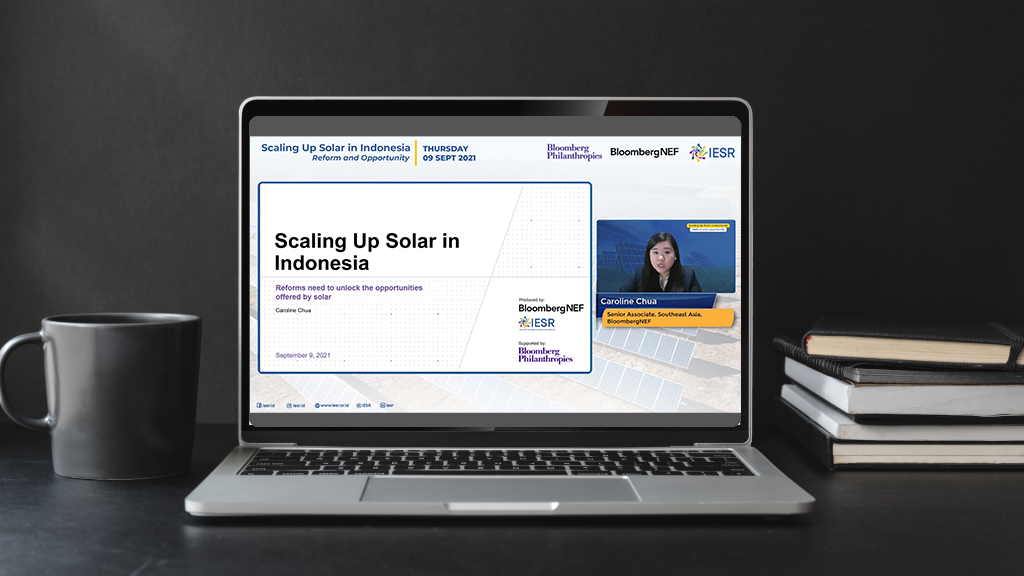Institute for Essential Services Reform (IESR) and Indonesia Clean Energy Forum (ICEF) this year again held Indonesia Energy Transition Dialogue (IETD). The annual event will discuss the importance of focusing…

Jakarta, 9 September, 2021-In the past year, there was a dynamic change in the energy sector. The approaching deadline of the Paris Agreement and the latest IPCC AR6 report stated…
